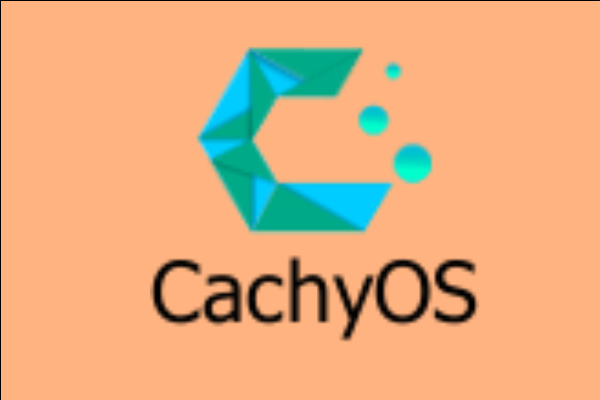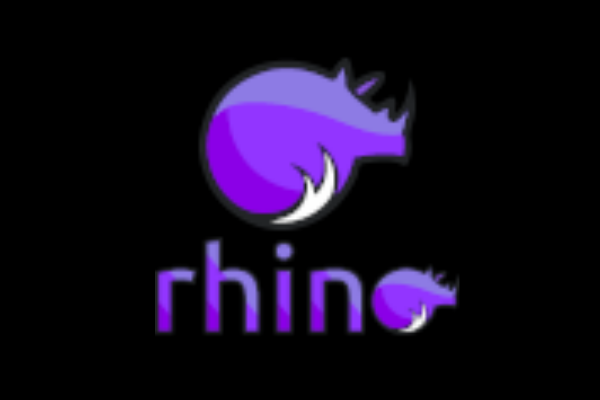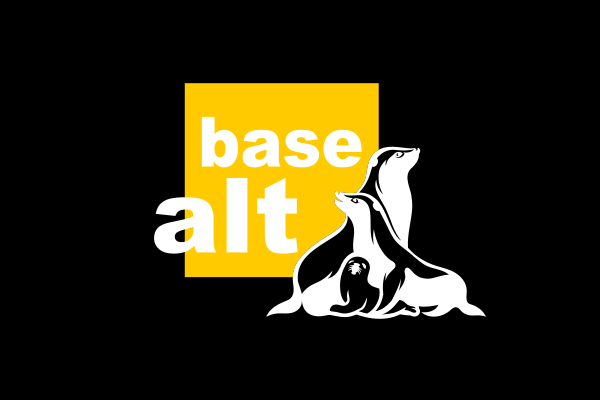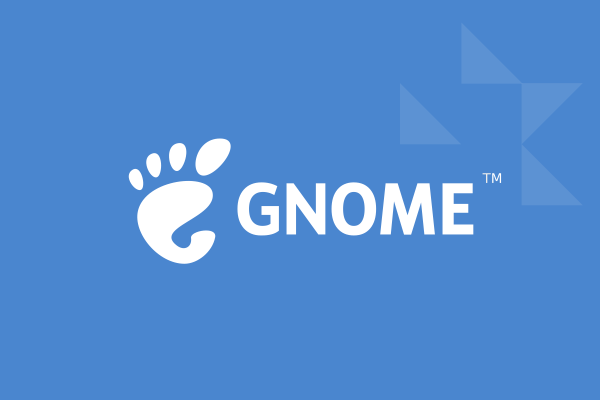The goal of Endless OS is nothing less than to provide the foundations of the digital world to those who do not always have access to the internet. The San Francisco-based Endless OS Foundation, the foundation behind the American-developed Linux-based operating system, has been working since 2011 to bring technology closer to disadvantaged regions of the world with user-friendly, internet-independent devices. The idea was born out of field research conducted in places such as the Rocinha favela in Brazil and Guatemala. This research clearly indicated that there was a real need for a flexible system that could be taught and learned without the internet.
The founders of Endless OS are Matthew Dalio and Marcelo Sampaio. Endless 6 was developed with the help of experts such as Cassidy James Blaede, who is known for his work on the development of Elementary OS, the GNOME project, and the Flatpak package management ecosystem.
Released in May 2024, Endless OS 6 added new visual and technical layers to the previous foundations. System management has become easier, and dark mode finally works properly, appearing uniformly across the user interface, including system settings and applications. Taking screenshots and screen recordings has been simplified, and the new tools remember user preferences. The Files and Settings applications have been redesigned in a more streamlined form, and the Rhythmbox media player has been replaced by two separate programs: Music for managing the music library and Decibels for quick playback. The image viewer has also been revamped, with broader file support and smoother operation. The new wallpapers straddle the line between digital and hand-drawn art, with Joana Filizola's works available for both light and dark themes.

The system has also been further strengthened as an educational tool. Various forms of creation, from music editing to three-dimensional modeling, are available on a single platform, as are the basics of programming and game development. The built-in applications can be used offline, allowing learning to continue even when there is no network connection. In addition to digital art software and beginner-friendly game engines, the selection also includes a variety of educational games.
The technical background has also been improved: Endless OS 6 now uses Debian 12.5, and GNOME 43.9 provides a more modern desktop environment. PipeWire 1.0 has made audio management more stable on Bluetooth devices. Modified settings for lower memory requirements allow parallel work even on weaker machines, and unnecessary components have been removed from the system, further increasing efficiency.
System updates continue on schedule, as evidenced by version 6.0.7. Although a detailed description has not yet been released, based on its predecessors, it is expected to include stability and compatibility improvements. The latest 6.0.6 update, for example, added the latest Linux kernel and NVIDIA drivers to the system, while also addressing everyday issues such as printer recognition and layout errors. In version 6.0.7, the kernel has been updated to version 6.14.
Endless OS 6 fits well with its original goal: to create a digital environment that is understandable, usable, and valuable even without the internet. While it does not strive for revolutionary changes, its strength lies precisely in remaining reliable, practical, and accessible—for all users.
The new version can be downloaded here.















